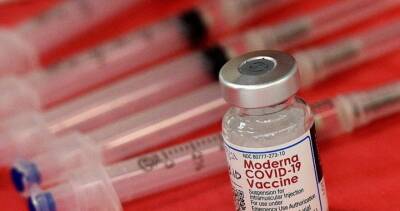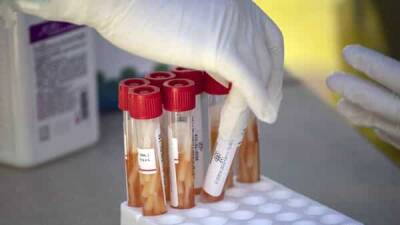COVID-19 Scan for Apr 19, 2022
Drugs for chronic conditions tied to lower risk of COVID-19, poor outcomesUse of the common maintenance drugs angiotensin-converting enzyme inhibitors (ACEIs), angiotensin-receptor blockers (ARBs), warfarin, statins, direct-factor Xa inhibitors, and P2Y12 inhibitors was tied to lower risk of COVID-19 infection, hospitalization, and death, a large US National Institutes of Health (NIH) study suggests.The observational study, published yesterday in PLOS One, identified COVID-19 patients using prescription claims data on a 20% random sample of Americans enrolled in Medicare Part D from Apr 1 to Dec 31, 2020.
The patients were matched in a 1:5 ratio with uninfected controls based on age, race, sex, dual-eligibility status, and geographic region.During the study period, 374,229 Medicare patients older than 65 years tested positive for COVID-19, and 278,912 (74.6%) of them were taking at least one study drug.
The three most common such drugs were statins (50.1%), ACEIs (26.2%), and ARBs (22.3%).Use of ACEIs (to lower blood pressure), ARBs (to lower blood pressure and treat heart failure), statins (to lower cholesterol), and the anticoagulants warfarin, direct-factor Xa inhibitors, and P2Y12 inhibitors were linked to a lower risk of COVID-19 infection, with risk reductions ranging from 1% for direct-factor Xa inhibitors to 12% for warfarin.The heartburn preventive famotidine was associated with a 12% increased risk of infection, and the antimalaria drug hydroxychloroquine was tied to a 63% increased risk but had no effect after censoring for patients who recently started the drug.
Hydroxychloroquine has been repeatedly disproven as a COVID-19 treatment.Among COVID-19 patients, 39.6% were hospitalized. Use of ACEIs, ARBs,
Read more on cidrap.umn.edu




















































